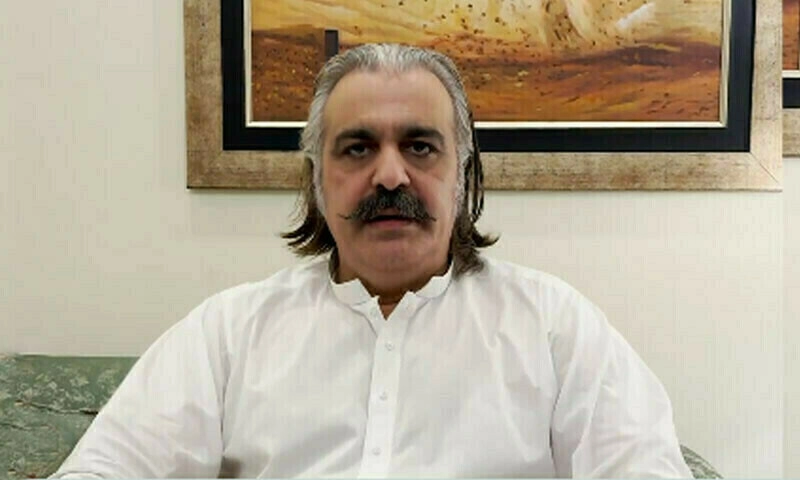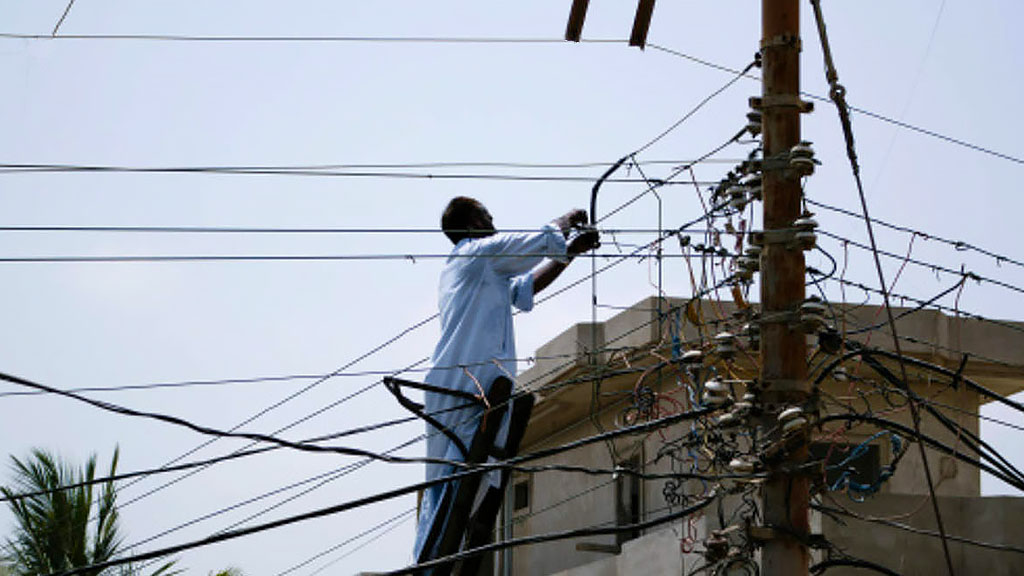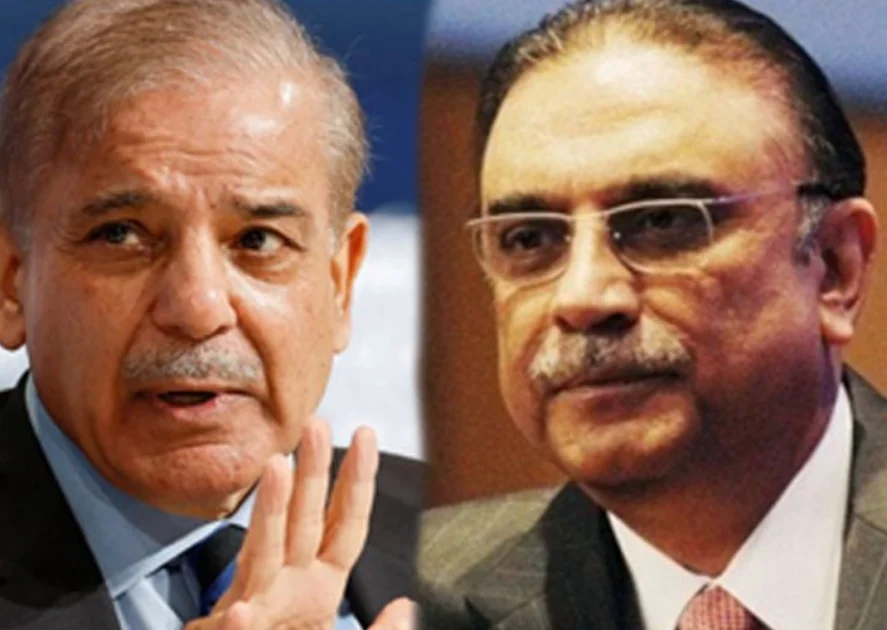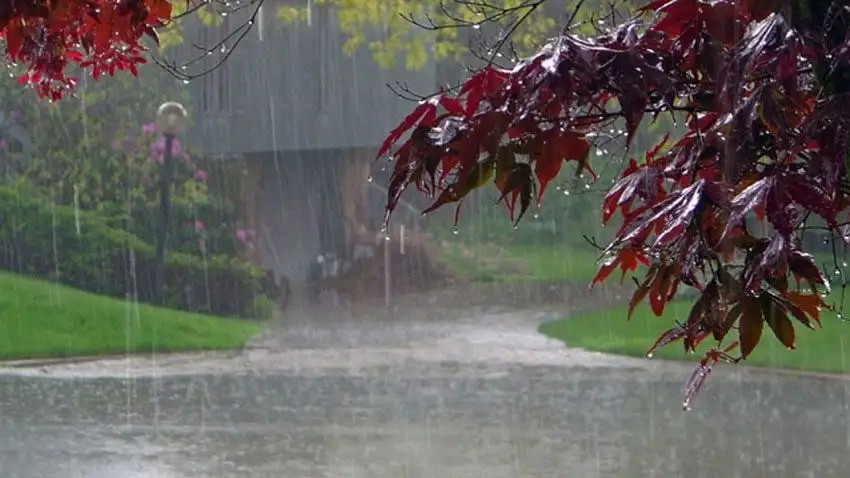- Web Desk
- 1 Hour ago

SC rejects govt plea to allow military courts to decide cases
-

- Hum News
- Dec 09, 2024

ISLAMABAD: The Supreme Court on Monday dismissed a government request seeking authorisation for military courts to decide cases, emphasising the potential constitutional implications of such a move.
A seven-member constitutional bench, led by Justice Aminuddin, heard petitions regarding the jurisdiction of military courts in civilian trials. Justice Musarrat Hilali remarked that allowing military courts to decide cases would equate to recognising their jurisdiction over civilian matters.
The bench categorically rejected the government’s plea and adjourned hearings on petitions challenging military trials of civilians until Tuesday.
More to Read: May 9 trials: SC conditionally allows military courts to announce verdicts
Previously, the constitutional bench had imposed a fine of Rs20,000 on former Chief Justice of Pakistan Jawwad S Khawaja after dismissing his plea to halt military trials of civilians until the adjudication of the 26th Constitutional Amendment case.
During the proceedings, the bench questioned Khawaja’s counsel about his stance on the legitimacy of the constitutional bench. The lawyer responded, “I do not recognize the jurisdiction of this bench.”
Justice Jamal Mandokhail then advised the lawyer to leave the courtroom, to which the counsel countered that the bench had been constituted by the Judicial Commission of Pakistan.
The ongoing case has reignited debate over the role of military courts in Pakistan, with legal experts and human rights groups closely monitoring the court’s decisions.
In May, the Supreme Court had granted conditional approval for military courts to issue reserved verdicts against civilians allegedly involved in the May 9 incidents.
A Supreme Court larger bench comprising six members, headed by Justice Aminuddin Khan, had heard the intra-court appeals, challenging the trial of civilians in military courts.
During the proceedings, the Attorney General for Pakistan had informed the court that, 105 accused individuals were under military custody.
The Attorney General for Pakistan had outlined a three-stage process for the release of these individuals: first, the announcement of reserved verdicts; second, their ratification; and third, the granting of clemency by the army chief to those with lesser sentences.
The Attorney General had requested the court to permit special courts to announce reserved verdicts.
Justice Aminuddin Khan had emphasided that any permission granted would be contingent upon the final decision on the appeals under consideration.





